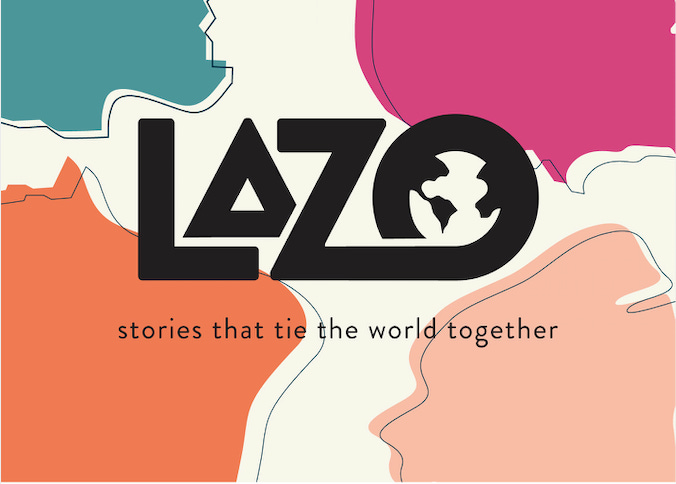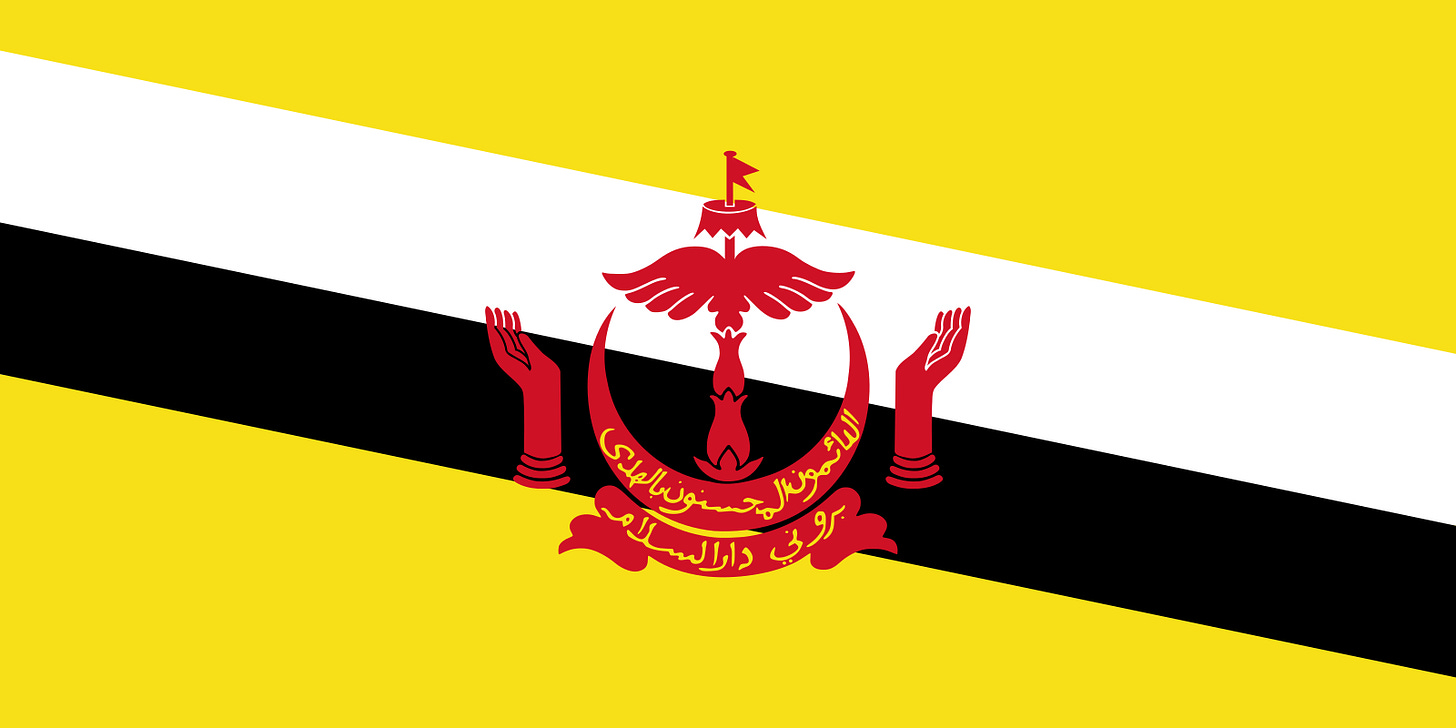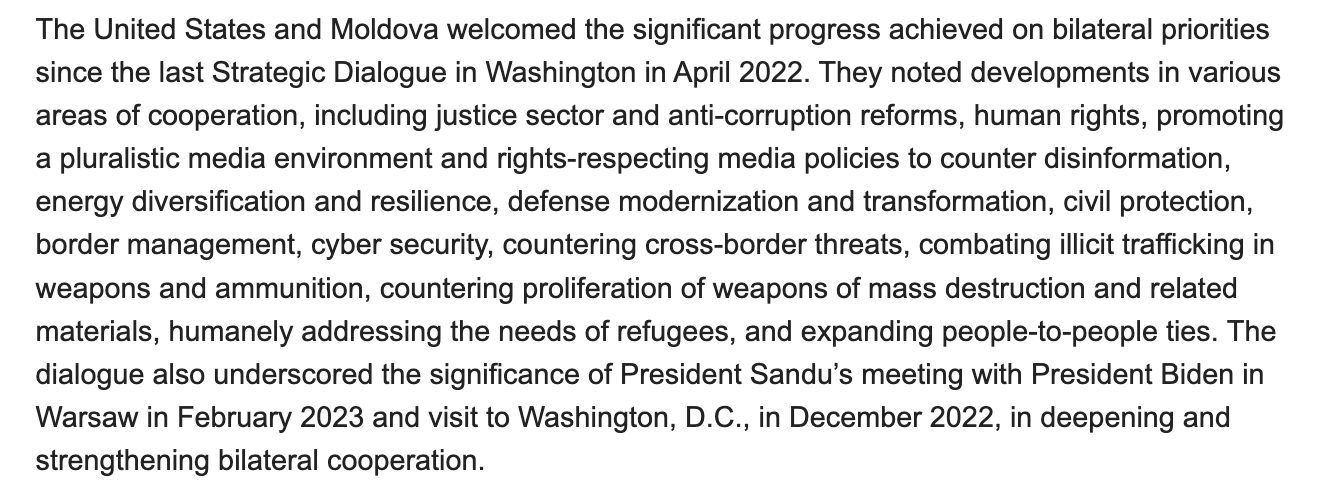#25 Brunei
This week is about Brunei.
Welcome to the 195 series, where I take you on a mini-tour of every country (and maybe some places that want to be countries). Each week I'll feature a new location. Some you may have heard of, while others may be new to you. The point is to learn and nurture our curiosity about the wider world. Maybe you'll find a new artist or musician you like, too.
Here's the link to copy and paste into your browser to support this project: https://lazo-letters.ghost.io/#/portal/signup. You can sign up for $2 a month or $22 a year.
Or, if you can't afford that, share the newsletter on social media!
Country Info:
Population: Roughly 445,000.
Current government: Brunei is a small country on the island of Borneo ruled by an absolute monarchy or a sultanate.
According to the organization Freedom House:
Brunei is an absolute monarchy in which the sultan exercises executive power. There are no elected representatives at the national level. Freedoms of the press and assembly are significantly restricted. Online speech is monitored by authorities, but lively nevertheless.
In April [2019], Brunei implemented the second phase of its controversial Sharia (Islamic law) penal code; the code, which applies to Muslims and non-Muslims, includes whippings, amputation, and death by stoning as possible sentences. In May, the sultan issued a de facto moratorium on the death penalty, but did not address the code’s other provisions.
Religion: Brunei's population is predominantly Sunni Muslim, and the country is considered the most observant Islamic nation in Southeast Asia. But some of the ethnic Chinese population also follow Buddhism, Daoism, Confucianism, or Christianity.
According to the U.S. State Department,
78.8 percent of the population is Muslim, 8.7 percent Christian, and 7.8 percent Buddhist, while the remaining 4.7 percent consists of other religions, including indigenous beliefs. There is significant variation in religious identification among ethnic groups.
Standout artist: Haji Osman Bin Mohammad, a watercolor painter.
‘Horizon’, a solo art exhibition by local veteran artist Osman bin Haji Mohammad was officially launched at the Brunei International Airport’s arrival concourse.
🎥 : Bahiyah Bakir & Lyna Mohamadhttps://t.co/eN8OJwODjm pic.twitter.com/XWEOgvJrBt— Borneo Bulletin (@borneo_bulletin) December 27, 2019
Standout film: Hari Minggu Yang Ke-Empat, a comedy about a London expat returning home to Brunei.
A surprising thing: Much of Shell's oil comes from offshore drilling in Brunei.
From an investors report:
Shell and the Brunei government are 50:50 shareholders in Brunei Shell Petroleum Company Sendirian Berhad (BSP). BSP has long-term oil and gas concession rights onshore and offshore Brunei.
Story of the week: The government recently announced that "anxiety disorders, depression, and bipolar disorder are on the rise in Brunei, indicating a growing prevalence of mental health issues."
What I'm writing:
Belarusian opposition leader @Tsihanouskaya with Senators Shaheen and Wicker on Capitol Hill today. pic.twitter.com/iMrB6PotFi
— Cristina Maza (@CrisLeeMaza) March 22, 2023
Félix Maradiaga — former candidate for president of Nicaragua who was recently released from prison — poses for a photo in the House Foreign Affairs Committee. pic.twitter.com/AtnagBgMEN
— Cristina Maza (@CrisLeeMaza) March 22, 2023
• Congressman Michael McCaul, the House Foreign Affairs Committee chairman, is asking the State Department for three items related to the U.S. withdrawal from Afghanistan. He told me he plans to issue a subpoena if he doesn't get them.
• I spoke to recently released political prisoners from Nicaragua, who were deported suddenly to the U.S. and stripped of their citizenship. They told me they were tortured in maximum security prison just for opposing the regime. Some lost teeth and fingernails.
What I'm reading:
I love Paris in the springtime🎶 🌸 pic.twitter.com/lHb3nG3wMz
— Nina Lamparski (@ninaism) March 22, 2023
• First and foremost, a year in Ukrainian electronic music.
• Georgia’s former President Mikheil Saakashvili, who has been detained by authorities in Tbilisi for over a year, suffering dramatic weight loss and severe ill health, told Politico Europe that he believes he was “poisoned by Russian agents" who infiltrated the security forces.
• Members of the European Parliament met with Moldovan parliamentarians and adopted a seven-point statement on support for the country as it faces Russia's attempts to destabilize it.
More EU help for Moldova: here are the 7 main points of the statement we adopted today in the EU - Moldova Parliamentary Association Committee meeting in Brussels:
1.We must start the accession negotiations with Moldova as soon as the 9 reforms we requested are fulfilled. 1/4 pic.twitter.com/RLZJYVPUXD— Siegfried Muresan (@SMuresan) March 23, 2023
• European Union foreign affairs chief Josep Borrell said Kosovo and Serbia agreed to implement an EU-backed deal to normalize relations, Politico Europe reports. “We have a deal,” Borrell tweeted Saturday after 12 hours of talks with Serbian President Aleksandar Vučić, Kosovo Prime Minister Albin Kurti, and EU officials in Ohrid, North Macedonia.
We have a deal
Kosovo and Serbia have agreed on the Implementation Annex of the Agreement on the path to normalisation of relations
The parties have fully committed to honour all articles of the agreement and implement their respective obligations expediently and in good faith. pic.twitter.com/p3CUBdcd8A— Josep Borrell Fontelles (@JosepBorrellF) March 18, 2023
• Despite Borrell’s announcement, the two sides did not, in fact, sign an agreement. Reuters quoted Vučić saying that the parties still do not agree on everything.
• Hungary would not arrest Putin if he entered the country, despite the International Criminal Court's arrest warrant, CNN reports. Hungarian Prime Minister Viktor Orban’s chief of staff Gergely Gulyas said that even though Hungary is a signatory to the Rome Statute and ratified it in 2001, arresting Putin would have no basis in Hungarian law, as the ICC’s statute “has not been promulgated in Hungary.”
• Spanish Prime Minister Pedro Sánchez will travel next week to China for talks with Chinese President Xi Jinping, the New York Times reports. During his visit, Sánchez intends to discuss China’s framework for negotiating a peace agreement between Russia and Ukraine.
• France's parliament adopted a divisive pension bill raising the retirement age in France from 62 to 64 after lawmakers in the lower chamber rejected two no-confidence votes against the government, NPR reports.
• Israel’s parliament repealed legislation that barred settlers from four Jewish communities in the occupied West Bank that were evacuated in 2005. The action means that visits to the settlements will now be allowed, the New York Times reports.
• Indian authorities blocked internet access for about 27 million people in the state of Punjab as police search for a Sikh separatist on the run, CNN reports.
• The Biden administration determined that government troops and other forces in Ethiopia committed war crimes and crimes against humanity during the country’s two-year civil war, the Washington Post reports.
What the State Department says:
You can write to me for any reason: c.maza@protonmail.com.





